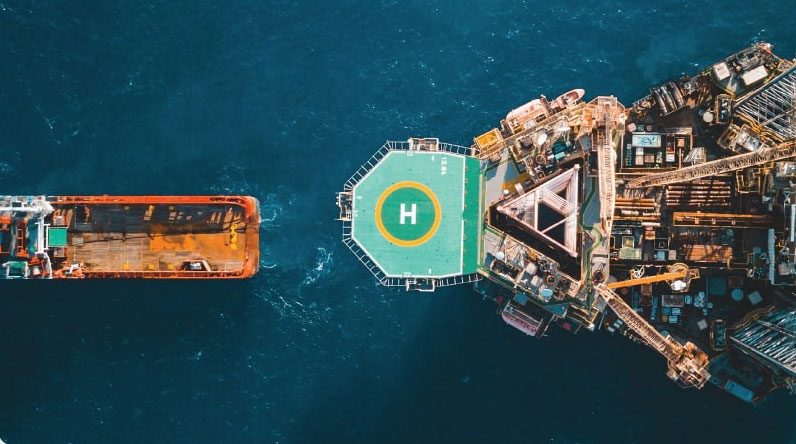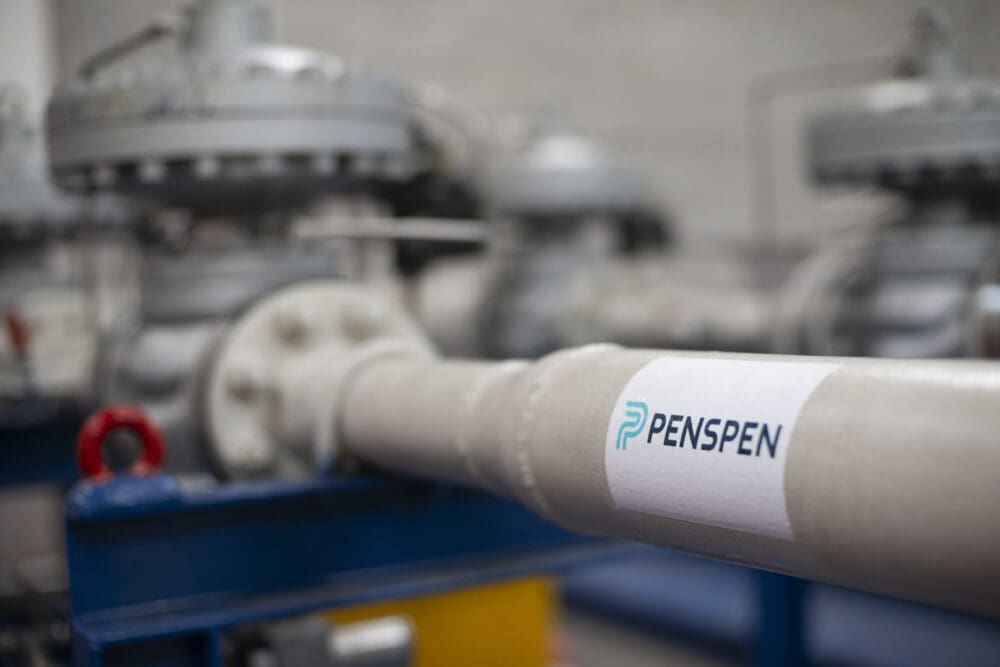Audit
Typically, asset operators utilise management systems for the effective planning, organisation, control, monitoring and review of the measures in place to reduce risks to as low as reasonably practicable. Elements of these are required by legislation and/or company policy. To a certain extent guidance in the production of these can be obtained from codes and standards, but in general these do not provide everything an operator needs.
To establish that such management systems are effective in reducing the risks to people as well as to the environment and business profitability many operators choose to have their systems independently audited or as in many cases the audit is a requirement of the system itself. Continual internal review and periodic audits/verifications provide assurance that the systems are being implemented as intended as well as verifying that the system is effective and legally compliant.
Our services
We offer four types of audit/verification services:
- System compliance audits – checks systems are being used in accordance with the operators stated requirements;
- Legal compliance audits – checks systems and their use complies with applicable legislation;
- System effectiveness audits or gap analysis – checks how the systems and their use compare with our view of best practice;
- Due diligence – independent check on an asset.
These can be used on single or multiple assets and phased so that pilot schemes can be run before carrying out full asset wide exercises. Should non-compliances be found, recommendations will be made for corrective action. If required, advice and assistance can be provided in order to correct the non-conformance, and formal action plans with associated time schedules can be agreed and if required monitored.
System compliance audit
A system compliance audit is the most basic exercise. It comprises a review of the oil and gas operator’s procedures, specifications, manuals etc., in place to identify the tasks that are explicitly or implicitly required to be undertaken. Checklists are prepared and a thorough review is then made of the records and data retained within the operators files. Evidence is sought that personnel are complying with the specified requirements. If necessary, interviews are held with key personnel in order to ensure that a correct understanding is obtained and all relevant data is identified.
Legal compliance audit
A legal compliance audit is conducted in a similar manner to a system compliance audit; however, we will prepare check lists identifying the legal duties set out in the relevant legislation. The scope of the audit is normally confined to HSE legislation relevant to the assurance of facilities integrity and major accident risks. The scope can, however, be extended if required.
System effectiveness audit
Penspen Integrity has developed a number of best practice systems models. These have been implemented for many clients, repeatedly audited and improved based on lessons learnt. These having been developed in recognition of the various relevant standards, but also incorporate our own view on what works best for operators. The systems effectiveness audit compares the clients systems and their use with our model and identifies gaps. If required recommendations can be made to fill gaps and these if required can be turned into short, medium and long term improvement plans.
Due diligence
The scope of this is defined by the client, but can include the condition of an asset, the performance, the appropriateness the level of inspection and maintenance, the status of systems and procedures, the competencies of staff, what liabilities could be present and the appropriate level of investment to ensure continued operation and an acceptable level of risk.




